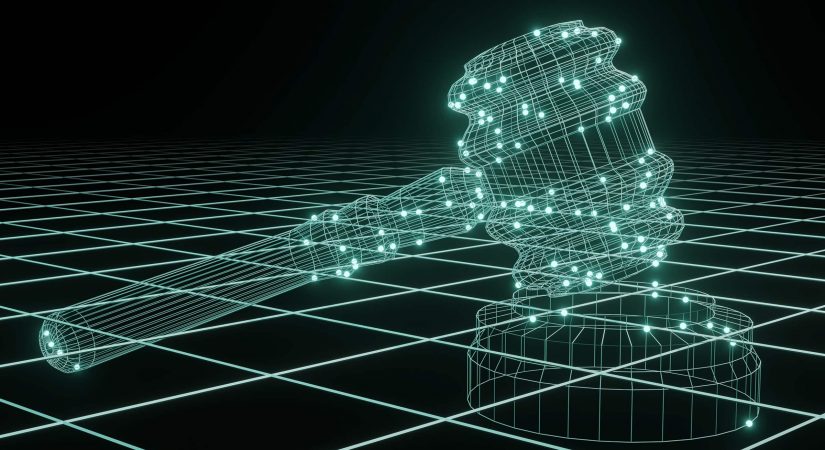The United States Copyright Office has recently released a guidance document that clarifies its stance on copyright protection for works generated by artificial intelligence (AI). The document emphasizes the importance of human authorship and the role of AI in creating expressive elements of a work.
In this article, we will examine the Copyright Office’s guidance and its implications for AI-generated works. We will also explore the competing interests of authors, AI companies, and the general public and the recent lawsuits filed against AI image-generator companies for copyright infringement.
What is the Copyright Office’s Guidance on AI-generated Works?
The Copyright Office’s guidance states that it will not register works whose authorship is produced solely by a machine. For instance, if an AI technology generates complex written, visual, or musical works in response to a human prompt, the machine determines the expressive elements of the work, making it ineligible for copyright protection.
However, if a work containing AI-generated material also has sufficient human authorship, such as a human selecting or arranging AI-generated content in a creative way, it may be eligible for copyright protection. Copyright protection in this case only applies to the human-authored aspects of the work.
What are the Implications of the Guidance for AI Companies?
AI companies are updating their policies in light of the Copyright Office’s guidance. OpenAI’s Terms of Use grant users “all right, title and interest in and to Output,” which it defines as content “generated and returned by the Services based on the [user] Input.” However, OpenAI restricts its users from “represent[ing] that output from the Services was human-generated when it is not,” suggesting that users must comply with the Copyright Office’s requirement of honest disclosure of AI use.
What are the Concerns around AI-generated Content?
AI-generated content presents two main concerns. Firstly, what if AI bots infringe on third parties intellectual property rights? Secondly, how will AI-generated content affect the careers of artists?
Recently, two lawsuits were filed against AI image-generator companies, Stability AI and DeviantArt. Getty Images sued Stability AI for misusing over 12 million of its photos without permission to train its Stable Diffusion AI image-generation system. Similarly, a group of artists filed a class-action lawsuit against Stability AI, Midjourney, and DeviantArt, alleging direct and vicarious copyright infringement and other legal breaches.
The lawsuits claim that the AI image generators unfairly exploit artists by using their works without consent, credit, or compensation. They argue that these AI-generated images compete with the original images in the marketplace and threaten the viability of “artist” as a career path. The plaintiffs assert that these companies should pay licensing fees like other commercial entities that use artwork to create products.
In conclusion, while the Copyright Office’s guidance is a step forward in clarifying copyright protection for AI-generated works, it is clear that AI companies and the general public must adapt to the evolving landscape of AI-generated content. Furthermore, it is essential to ensure that artists’ rights are respected in the use of their works in AI-generated content.
Read also: Top Ex-Google AI Researchers Secure $8 Million in Funding from Thrive Capital
